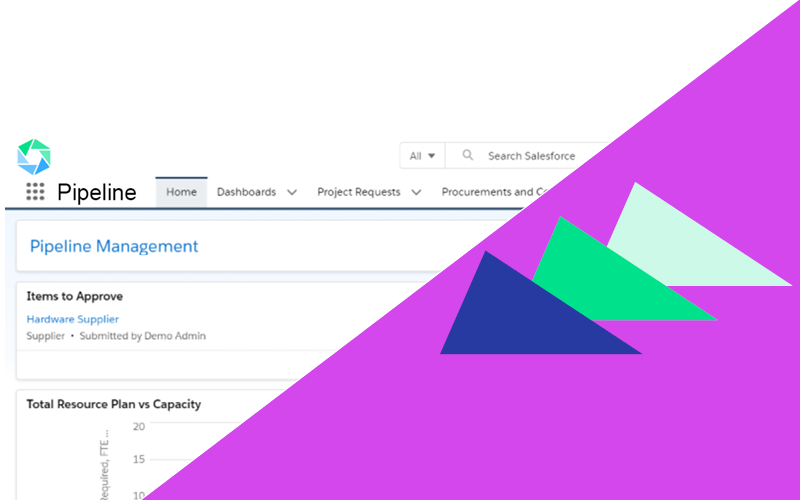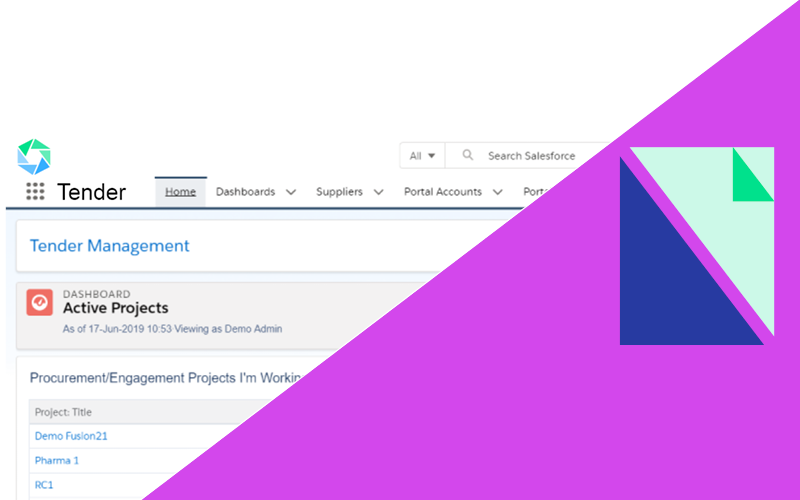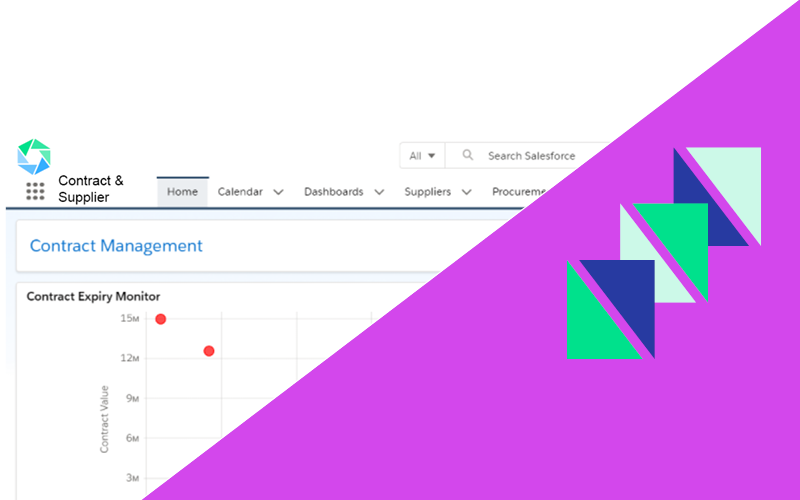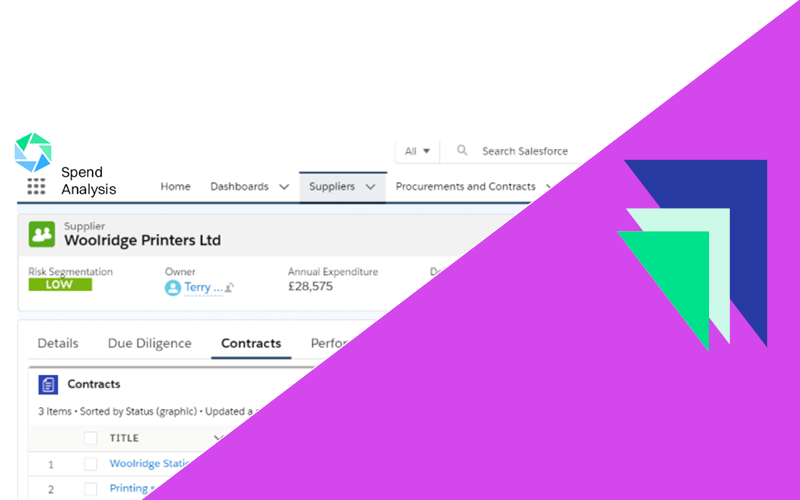This article was published on the Supply Management Insider website on 26th October 2020.
Seize this time of rapid change to make the business case for vital technology to ensure organisations not only survive but flourish beyond 2020
Supply chains are in the spotlight like never before. And on the long list of requirements demanded of procurement is continuity of supply and mitigation of risk – including fraud, which naturally surges in times of crisis.
Despite the current (mostly remote) working environment, procurement professionals are still expected to successfully collaborate with stakeholders and suppliers, help shore-up savings and make agile, data-driven decisions.
Organisations want all this and more, but far too few have invested in the necessary tools to achieve this taxing checklist. Complicated manual processes hinder transparency and impede an organisation’s ability to control costs and risk. Whereas, access to up-to-date information enables procurement to make critical decisions at speed – such as switching to an alternative source of supply – to reduce any potential negative impact.
The sharp focus on procurement and supply is an immense opportunity. The time is now to make the case for technology to support operations and enable teams to have real-time data at their fingertips.
Solutions offered by UK-based software provider Atamis give complete transparency of the procurement lifecycle – from planning to tenders, contracts, spend analysis and supplier relationship management (SRM). Users can opt to use just one element or the entire suite to save time and money across all strategic sourcing activities.
Accurate and instantly available management information covers everything from the big picture of spend to specifics such as which suppliers offer the best social value return.
Customisable and customer-focused
Atamis prides itself on its flexible and service-oriented proposition. One recent beneficiary of this approach is new customer the Department of Health and Social Care (DHSC).
Atamis won the contract to implement a single e-commercial system across DHSC – its arms-length bodies and NHS trusts that wish to onboard – in late 2019, ahead of the Covid-19 outbreak. The DHSC signed up for a range of functions including tender creation, issue and evaluation, contract awards, governance and approvals management, dynamic purchasing systems and data management and reporting. But when the new coronavirus hit, the scope widened to support the urgent need to supply staff with protective equipment.
Atamis rose to the challenge and was able to deliver earlier than planned, with the SRM module completed two months ahead of schedule. “We are proud to be able to say we’ve helped the department manage this crisis in some small way,” said Atamis Managing Director Nick James.
Steve Balding, Commercial System and Data Strategy lead in DHSC’s Commercial Directorate, said Atamis had done everything it could to help. “We were managing PPE suppliers and contracts from many different places, which was not sustainable. Atamis very quickly stood up a new app to manage supplier enquiries and opportunities and convert them into contracts. Three weeks after Atamis’s offer of help, we had jumped from a world of spreadsheets to a proper system that enabled us to manage commercial activity effectively and gave us a single version of the truth, with dashboards that presented business intelligence to users in real time. Since then Atamis has provided integration to freight delivery and finance systems, so we can now see contract, delivery status and expenditure in a single contract record.”
Balding said that the team is now in the process of adopting Atamis for some Test and Trace commercial activity. Implementing one system once across organisations that can then share commercial data and opportunities is helping the health system to save time and money.
Responsive service
Atamis also answered a request for an enhancement to boost the resilience and security of supply chains.
Clients can now access Dun & Bradstreet data and information from Companies House to check on a supplier’s financial stability, credit rating, share price and more.
“Organisations are increasingly focused on risk reduction and this provides procurement with more peace of mind about the third parties in their supply chain and will flag up alerts if there’s a problem,” said James.
Atamis is a Cardiff-based SME with a turnover of around £2m a year. It has more than 200 clients in the public and private sector including The Welsh Government, Companies House, Translink, Admiral Group, The Home Office, Target Group, eSure and others.
“We are a small business able to deliver big projects for big clients, with a focus on service and flexibility,” said Nick James. “Everything can be customised, so we can set up just one module or all of them to meet requirements.”
The pandemic has demonstrated that organisations are able to change – and quickly – if they must. They can no longer deny that procurement has a clear business case for investment in technology that will make them even more efficient and effective. Now is the moment to state that case.
Contact info@atamis.co.uk or call 029 2279 0052 to simply find out more.
 Our Pipeline App empowers your team to plan ahead and forecast for upcoming procurement activities.
Our Pipeline App empowers your team to plan ahead and forecast for upcoming procurement activities.  The Tender App allows your team to visualise all sourcing activities within your Atamis platform, from issuing tenders to receiving bids.
The Tender App allows your team to visualise all sourcing activities within your Atamis platform, from issuing tenders to receiving bids. Our Contract & Supplier App puts your team in firm control of your key supplier relationships and provides a central repository for all contracts.
Our Contract & Supplier App puts your team in firm control of your key supplier relationships and provides a central repository for all contracts.  Our Enhancers ensure your solution is tailored to your needs. Pick and choose additional functionality that fits your requirements.
Our Enhancers ensure your solution is tailored to your needs. Pick and choose additional functionality that fits your requirements. 